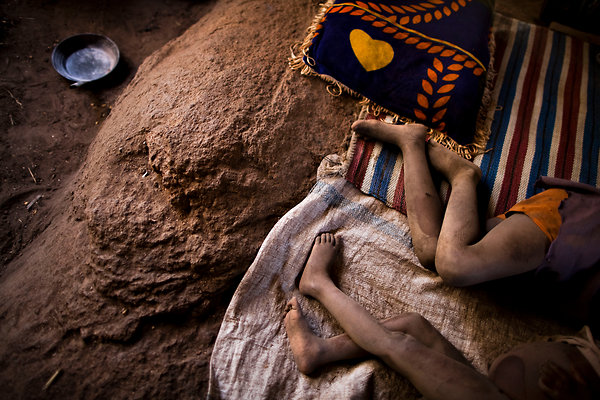The latest restaurant trend isn’t family-style dining or cocktail pairings with every course. It’s actually something aimed at helping you be more philanthropic. Restaurants have seized the opportunity to push their favorite charities to diners at the end of a good meal.
I recently spent an evening at Lucques in Los Angeles, and when our bill came, it included a donation card for chef Suzanne Goin's favorite charity, Alex's Lemonade Stand. It was almost like being at a benefit. If we chose to make a donation, there was a blank line to fill in the amount that would be added to our bill. When our server noticed me reading the material, he gave me an additional postcard with more details. Clearly, the staff was prepared. None of this was pushy, however. It was just an option. A way for you to punctuate your evening, if you're interested.
Eat Less, Give More
A new NGO, Go Halfsies, has been brewing up partnerships with restaurants in Austin, Texas and New York City for its pilot launch.
In the organization’s own words, Go Halfsies is “a social initiative offering restaurant-goers a choice that provides a healthier meal portion, reduces food waste, and supports the fight against hunger."
Going “halfsies” makes philanthropy straightforward for even the most passive donor. We all must eat. We all dine in restaurants (some more frequently than others), and in general, Americans are a generous bunch.
As a potential donor myself, I dug through the website and read its materials to learn more about the Halfsies model. I'm sharing my critical thoughts with you to give you an example of how to evaluate a potential giving opportunity.

